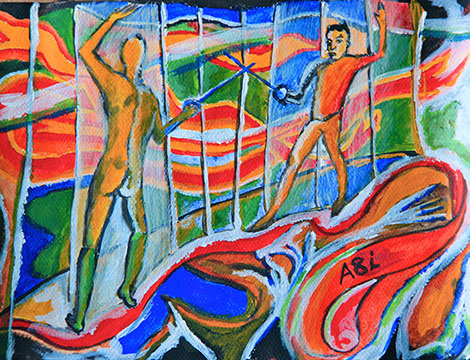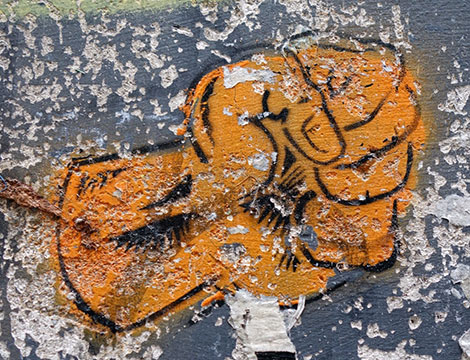
This article was originally published by the East-West Center on 11 January 2017.
The new Philippine President Rodrigo Duterte has damaged diplomatic relations for his country with his bold anti-US attitude and warming of Sino-Philippine relations. The Philippine attitude towards China has vacillated heavily. Since the founding of the Third Republic of the Philippines in 1946, there have been six distinct periods in Sino-Philippine relations:
The first period lasted from 1946 to 1960 when the Philippines adhered to anti-Communist party and anti-China policies, and thus was opposed to Chinese revolutionary rhetoric.
The second period began in late 1960 and ended in 1986 when the Marcos dictatorship fell. Under the Nixon Doctrine, Sino-Philippine relations began to thaw. The Chinese leadership took measures (such as lowering fuel prices to the Philippines in 1975) to promote economic activities and speed up the establishment of diplomatic relations. This was a steady, long-term process.




